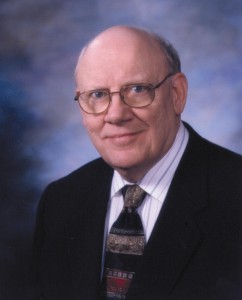We all want to figure out what God wants from us. What is His will for your life? What does He require of you? What ought you to be and do?
It struck me not long ago that in pursuit of answers to these kinds of questions we each must consider not only what God has made me good at, but also what has God made me good for.
The answer to the former is found in discerning what God has done in imparting to you spiritual gifts, natural talents, and shaping experiences. Figuring out what you are good at is a matter of competency and skill. You might be good at car repair, football, sewing, computers, baking, nuclear physics, etc.
The answer to the latter is found in discovering and discerning what God has done in shaping your heart. Discovering what you are good for is a matter of calling and character. It is harder to quantify this isn’t it? In fact it might be easier to describe what you are no good for – things for which you just don’t have the heart and for which you just can’t sustain the passion.
What you are good at, we might say, is a matter of the hands. What you are good for is a matter of the heart.
Both are vital. But it seems to me that a person might be good at certain things, but also only good for doing that in a certain arena or for a certain cause or purpose. You can use gifts, talents and the like for many things. After all a great writer could compose cheap and bawdy literature that debases the human soul or she could write with style and substance that imparts life and hope to her readers.
Does it make sense to say that what you are good for has to define and direct what you are good at?
A person who has discovered what God has made them good at is a person who has direction and a future to pursue. But a person who has also discovered what he is good for finds the field of possibilities drastically narrowed—not because he doesn’t possess the skill for some matters, but because God has spoiled his heart for anything other than what He has made him for.
So are you asking more questions about what you are good at or what you are good for? Some people would settle to know what they are good at. They would love to be the best in the world (or even in their school or family or on their block) at something. But that can be an ego-driven matter. We need to know what God has made us good at, but we can’t stop there. We must know what God has made us good for. For then we can not only do our best, we can do it for the glory of God and with all the passion and purpose for which He gave us the abilities in the first place. When we discover what we are good for we begin to move from just doing, to doing as doxology.
The longer I live I find myself asking more of the second level questions than the first level. I’m wondering if that’s the case for you too.




